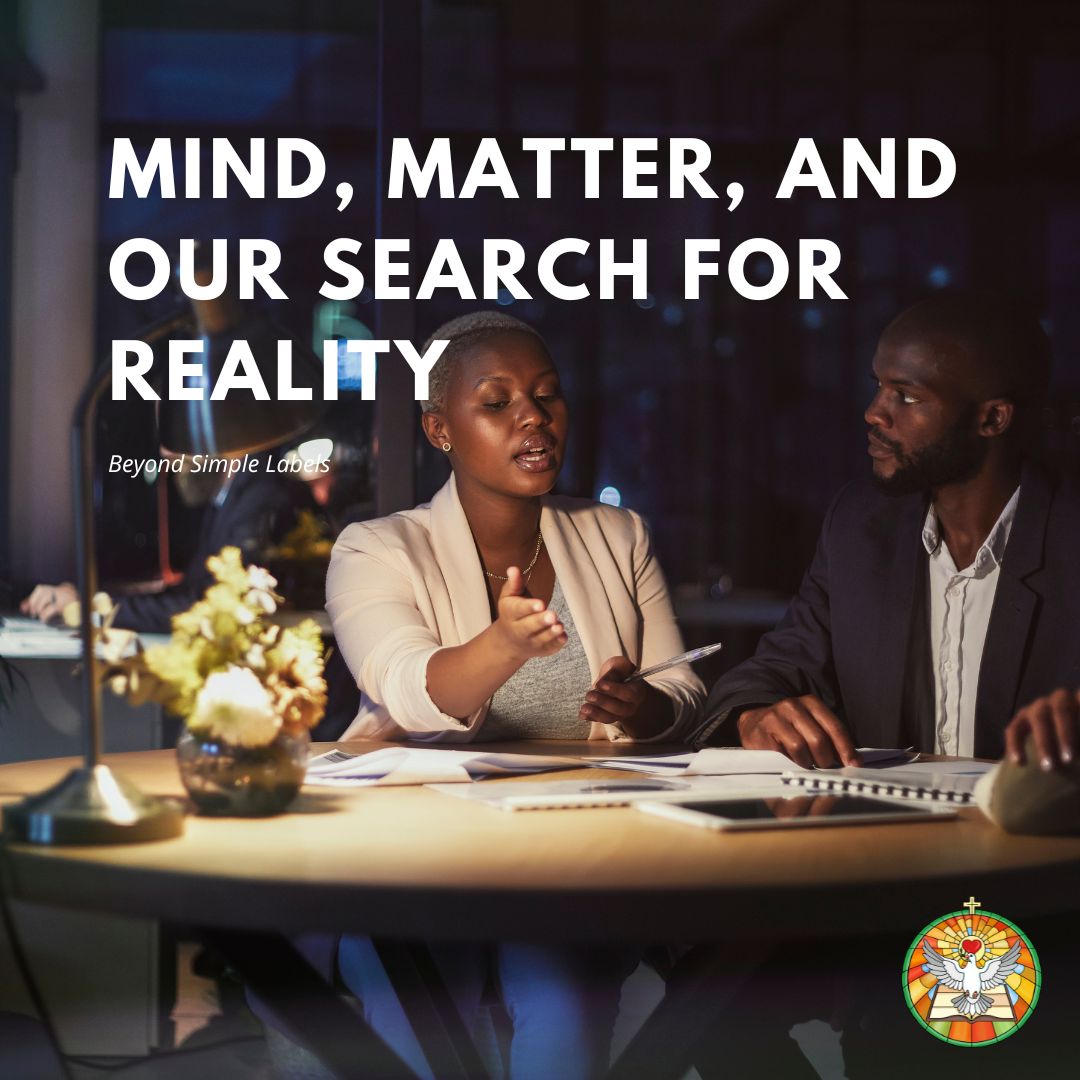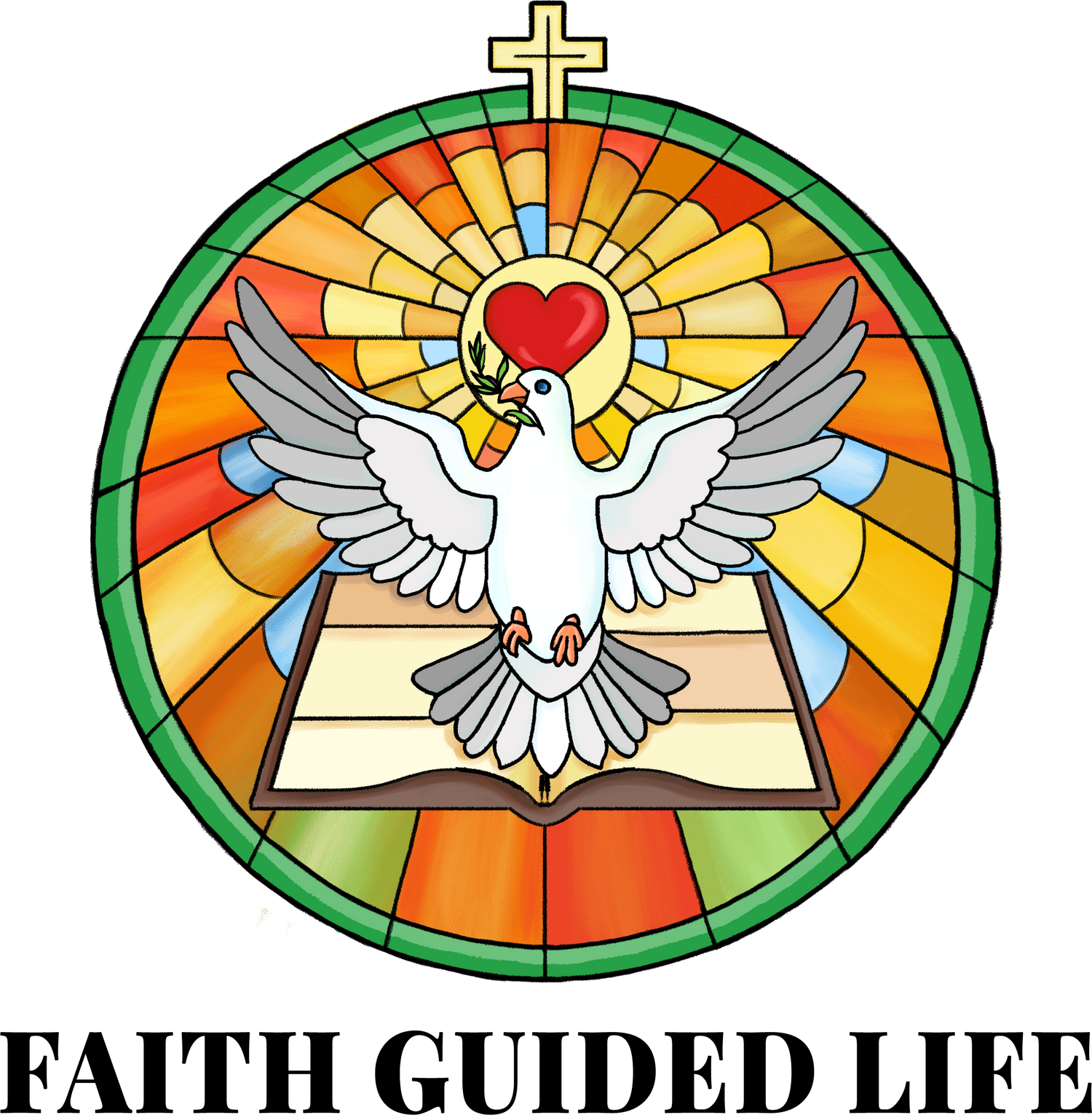
What is truly real? Is the world around us—and even ourselves—just physical matter, a complex arrangement of atoms? Or is there something more, like mind, consciousness, or spirit, that plays a more fundamental role? These are age-old questions that humanity has pondered across cultures and centuries.
Often, we try to categorize different views with simple labels: "idealist" (believing mind is primary) or "materialist" (believing matter is primary). But reality, and our experience of it, is often far more nuanced. This article explores how we might think about these deep questions, drawing on some of the ways ancient wisdom traditions approached the puzzle, suggesting that a simple "either/or" answer might not capture the whole picture.
The Limits of Seeing Everything as Just Matter
One common perspective is materialism: the idea that physical matter is the ultimate reality. From this view, everything in the universe, including human life, thoughts, and emotions, arises from and can ultimately be reduced to material processes. Consciousness, then, is seen as a sophisticated byproduct of brain activity, a complex function of our physical being.
While this view offers insights, especially in the physical sciences, it can feel incomplete when we consider our own subjective experience. Can the richness of our inner world—our capacity for love, awe, creativity, our sense of meaning, and the very experience of "knowing" or being aware—truly be just a chemical reaction? The idea of our mind, which can reflect on the universe, somehow "knowing" itself to be merely an attribute of matter can seem puzzling.
Furthermore, while our senses perceive the world through physical means, does this mean that only what is physically measurable is real? Think of radio waves: they are all around us, carrying sounds and information, but we can't perceive them without a receiver. Perhaps there are aspects of reality, even of mind or spirit, that aren't directly tangible but are nonetheless real, perceived through their effects or through different modes of knowing, like intuition or spiritual experience. (It’s worth noting that this doesn’t necessarily mean disembodied “spirits” existing independently in the way some folk beliefs imagine, which many thoughtful traditions also question.)
The Challenge of Seeing Everything as Just Mind
On the other flip side is a strict subjective idealism: the idea that only one's own individual mind or consciousness is real, and the external world, including other people, is essentially a projection or construction of that mind.
This view also faces challenges. It struggles to account for the consistent, shared reality we seem to inhabit and interact with. We clearly experience the impact of the physical world on our thoughts and feelings – hunger affects our mood, a beautiful landscape can inspire awe. And crucially, we experience other people as having their own distinct thoughts, feelings, and inner lives, not just as characters in our own mental drama. A purely subjective view can feel isolating and doesn't quite match our lived experience of a world shared with others.
Moving Beyond "Either/Or": Towards a More Integrated View
So, if neither extreme—pure materialism nor pure subjective idealism—fully satisfies, is there another way to think about mind and matter? Some ancient traditions explored a more integrated perspective, suggesting that mind and what we call "matter" are deeply interconnected, perhaps arising from a common, deeper ground or potential.
From this viewpoint, mental experiences and physical realities are not necessarily in a simple "one causes the other" relationship. Instead, they influence, shape, and co-create each other in a dynamic dance. Our thoughts and intentions can certainly influence our physical well-being and actions, and our physical state profoundly affects our mental and emotional life.
Imagine a deep, underlying "field of potential" from which all our experiences – both inner thoughts and feelings, and outer perceptions of the physical world – unfold or manifest. What is "latent" can become "actual." This doesn't necessarily mean a specific doctrine of how things come to be, but rather points to the mystery of existence itself.
Our Shared World and Individual Experience
How, then, do we understand our shared experience of an objective world if individual consciousness plays such a key role? Perhaps our individual streams of awareness, while unique, also participate in and draw from a kind of collective field of human experience and reality. The world we perceive is not solely our private creation, nor are we just passive recipients of a purely external reality. Instead, there's a constant interplay. (For Christians, this exploration of how we perceive and interact with the world would always be understood within the context of God as the ultimate Creator and Sustainer of all reality.)
The Enduring Questions
What happens to our consciousness or experiential stream when physical life ends is a question addressed differently by various spiritual and philosophical traditions, with Christian faith offering its specific and profound hope of resurrection and eternal life with God. Exploring the mind-matter relationship in this life, however, can have immediate relevance.
Some traditions suggest that our journey through life can involve a "purification" or "clarification" of our minds and hearts. As we cultivate wisdom, compassion, and inner peace, we may develop a deeper understanding of and connection with Ultimate Reality, Truth, and Goodness – which, for Christians, is God Himself. The goal of such a journey is not to lose our individual identity by "merging" into some impersonal essence, but perhaps to find our truest selves in loving communion and alignment with God.
Conclusion: Embracing a Fuller Picture
The relationship between mind and matter, consciousness and the physical world, is one of life's most profound mysteries. Simple labels like "idealist" or "materialist" often fall short of capturing its complexity.
By remaining open to exploring these questions, by appreciating the intricate dance between our inner experiences and the outer world, we can cultivate greater wisdom and live more integrated, thoughtful lives. For people of faith, such exploration can even deepen their appreciation for the wonder of God's creation, both seen and unseen, and the mystery of our own being within it. It invites us to reflect on these profound questions from the rich resources of our own spiritual heritage.




